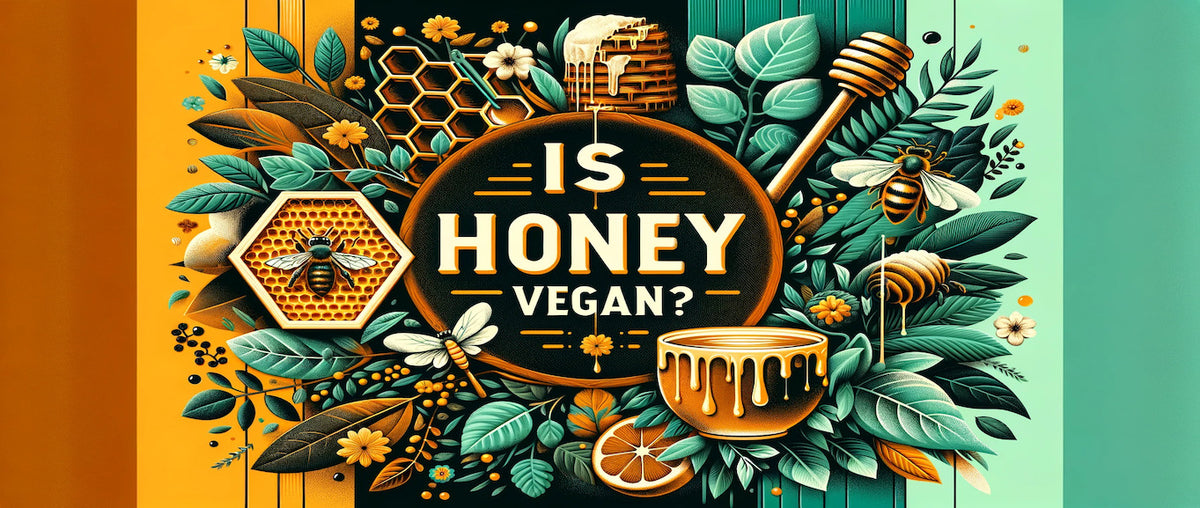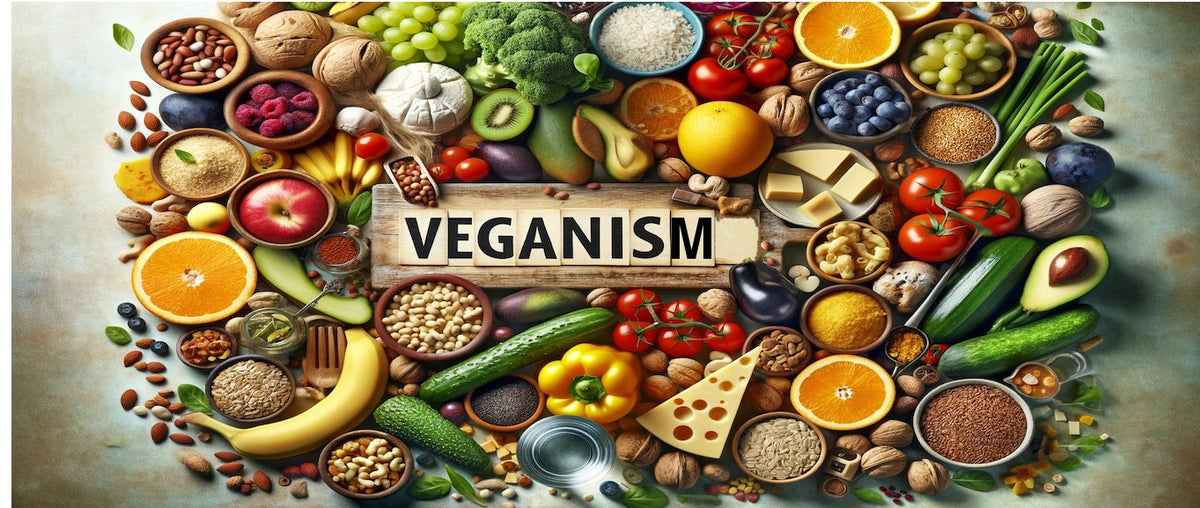Is Honey Vegan?
The topic of whether honey is vegan sparks considerable debate in both vegan and non-vegan circles. Central to this discussion are ethical considerations regarding animal welfare, environmental impact, and personal health choices. In this comprehensive exploration, we delve into various aspects of honey production and consumption from a vegan perspective, providing insights for those seeking to make informed dietary choices that Is Honey Vegan?.
Key Takeaways
- Honey is typically not considered vegan due to its origin from bees, a living organism.
- Ethical concerns involve bee exploitation and the environmental impact of beekeeping.
- Vegan alternatives to honey include plant-based sweeteners like agave nectar and maple syrup.
What is Honey?
Honey, a natural sweetener, has been a part of human diets for thousands of years. Produced by bees, it is primarily composed of sugars like fructose and glucose. Honey's unique flavors and properties have made it a favored ingredient in various culinary and medicinal applications.
The Natural Production of Honey by Bees:
- Bees produce honey from the nectar of flowers.
- The process involves collecting nectar, enzymatic activity in the bee’s stomach, and evaporation of water from the nectar inside the beehive.
Bees play a critical role in the ecosystem through pollination, and honey is a byproduct of this essential ecological service.

How and Why Do Bees Make Honey?
Bees make honey not just as a food source but as a key component of their hives' survival, especially during winter.
The Process:
- Bees collect nectar, which is converted into honey through a combination of enzymatic activity and water evaporation.
- Honey serves as the main food source for bees in colder months when nectar is scarce.
Understanding this natural process is crucial in discussing the ethical implications of honey consumption, particularly in Veganism.
Is Honey Vegan?
The question of whether honey is vegan hinges on fundamental vegan principles regarding animal exploitation and consent. Here's an in-depth look:
- Honey is an Animal Product: Bees produce honey, which classifies it as an animal product. Within the strict definition of veganism, which avoids the use of animal products, honey is not vegan.
- Ethical Concerns: The process of honey production often involves practices that can harm bees, such as smoking them out of their hives and substituting their honey with sugar syrup.
Is Any Honey Ethical?
Exploring the concept of ethical honey:
- Small-Scale vs. Commercial Beekeeping: Some argue that honey produced by small-scale beekeepers, who employ more bee-friendly practices, could be more ethical.
- However, Ethical Dilemmas Persist: Even in small-scale beekeeping, issues of bee exploitation and lack of consent remain, which are core concerns in vegan ethics.

Ethical Issues Surrounding Honey
Exploring ethical concerns in honey production:
- Bee Welfare: Practices in commercial beekeeping, like wing-clipping of queen bees and substitution of bees' honey with sugar syrup, raise ethical concerns.
- Impact on Bee Health: Over-extraction of honey can adversely affect the health and vitality of bee colonies.
What Can Vegans Eat Instead of Honey?
Vegans opt for plant-based alternatives that mimic honey's sweetness and texture:
- Plant-Based Sweeteners: Agave nectar, maple syrup, and date syrup are popular vegan alternatives to honey.
- Nutritional Aspects: These substitutes offer similar sweetness and can be used in various culinary applications.
Is There Such a Thing as Vegan Honey?
Exploring innovations in bee-free honey production:
- Innovative Alternatives: Companies are developing plant based alternatives that mimic honey’s properties without involving bees.
- Technological Advancements: Methods like fermentation are being used to create honey-like substances that are entirely vegan.
Why Do Some Vegans Still Eat Honey?
Understanding the diverse perspectives within veganism:
- Varied Interpretations of Veganism: Some individuals on a plant-based diet may still consume honey due to differing views on bee sentience and environmental impact.
- Local and Small-Scale Beekeeping: A segment of vegans may consider honey from local, small-scale beekeepers as more ethical due to perceived better treatment of bees.

The Environmental and Ecological Impact of Honey Production
Understanding honey's impact on ecosystems:
- Bee Population and Biodiversity: Honey production, especially in large-scale commercial settings, can affect bee populations and broader ecological systems.
- Pollination and Environmental Balance: Bees are crucial pollinators, and their well-being is essential for maintaining the balance of ecosystems.
The Role of Honey in Health and Medicine
Exploring honey's place in health and alternative medicine:
- Historical and Modern Uses: Honey has been used for its medicinal properties for centuries, including wound healing and as a natural cough remedy.
- Vegan Perspectives on Medicinal Honey: While recognized for its health benefits, the vegan stance on honey in medicine emphasizes finding plant-based alternatives.
Also Read
How Vegans Can Support Bee Populations
Vegans and environmental enthusiasts can play a crucial role in supporting bee populations:
- Promoting Organic Farming: Choosing organic products can reduce the harmful impact of pesticides on bees.
- Creating Bee-Friendly Gardens: Planting a variety of flowers that bloom at different times of the year can provide a consistent food source for bees.
Conclusion: Balancing Ethics, Health, and Environmental Concerns
The question of whether honey is vegan touches on broader issues of animal rights, environmental sustainability, and personal health. By understanding these complexities, individuals can make more informed choices that align with their ethical and dietary values.
Do you enjoy vegan food? We have a list of vegan restaurants in India to help you find delicious options in your area!










